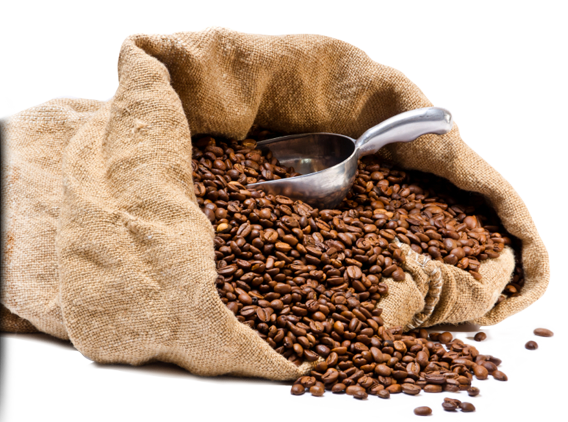Certified Fair Trade coffee beans are coffee beans that are certified as having been produced to fair trade standards. Fair trade organizations create trading partnerships that are based on an ongoing dialogue, transparency and respect for workers, that seeks greater equity in international trade. These partnerships contribute to sustainable development by offering better trading conditions between coffee bean farmers and global suppliers. Fair trade organizations are actively engaged in supporting producers and sustainable environmental farming practices. Fair trade practices also prohibit child or forced labor.
Importers of Fair Trade coffee have to be registered with Fair Trade and pay a fee. Under the Fair Trade International standards they are obliged to pay a minimum price to the exporting organization, currently $1.40c/lb New York Board of Trade “C” contract, F.O.B. origin for Arabica, and $1.05 for Robusta London “EURONEXT LIFFE” contract, F.O.B origin with 30c/lb extra for organic. When the world price is above this level, they are obliged to pay 20c/lb above the world price.
Certified Fair Trade coffee is normally exported by secondary or tertiary cooperatives, marketing this coffee on behalf of the cooperatives the farmers belong to with arrangements that may be somewhat complex. There is currently not enough demand to buy all of the certified coffee produced globally, so most has to be sold as non-certified.
In 2001 only 13.6% could be sold as certified so limits were placed on new cooperatives joining the scheme. This plus an increased demand put up sales of certified to around 50% in 2003 with a figure of 37% commonly cited in recent years. Some exporting cooperatives do not manage to sell any of their output as certified, and others sell as little as 8%.
The exporting cooperatives incur costs including certification and inspection fees, additional marketing costs, costs of conforming to standards, and additional costs of cooperative operation, costs which are incurred on all coffee production, even if little or none is marketed as certified, with a higher price, so the cooperatives may take a loss on Fair Trade membership.

